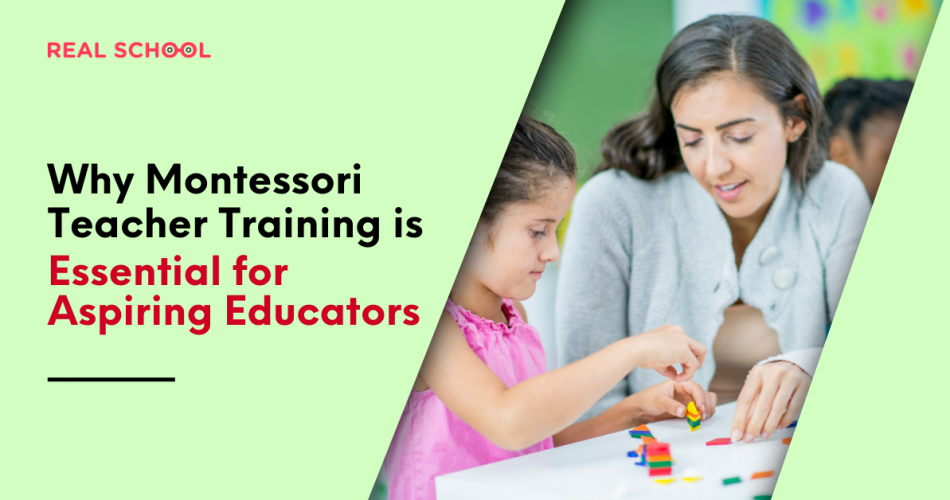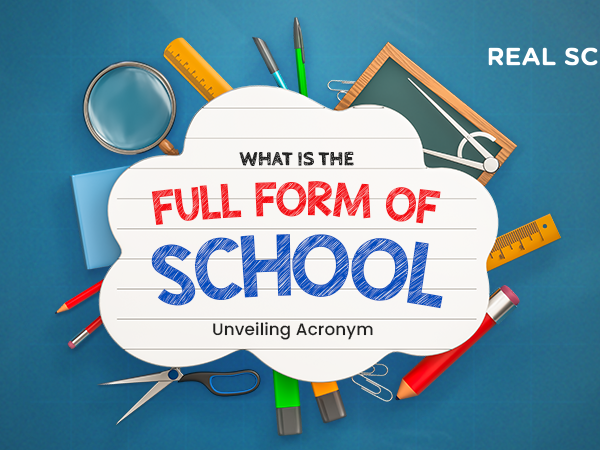Montessori education is renowned for its child-centered approach and holistic focus on a child’s physical, emotional, social, and cognitive development. Aspiring educators who wish to embrace the Montessori philosophy and create transformative learning experiences for children can greatly benefit from Montessori teacher training. Here are several reasons why Montessori teacher training is essential for educators entering the field of Montessori education:
- Understanding the Montessori Philosophy
Montessori teacher training provides aspiring educators with a comprehensive understanding of the Montessori philosophy. Dr. Maria Montessori’s educational principles, including the importance of respecting the child’s individuality and the role of the prepared environment, form the foundation of Montessori education. Training equips educators with the knowledge to implement these principles effectively in the classroom.
- Tailoring Instruction to Individual Needs
In Montessori classrooms, each child is recognized as a unique individual with their strengths, interests, and learning styles. Montessori teacher training teaches educators how to observe and assess each child’s development, enabling them to tailor instruction to meet the child’s individual needs and interests.
- Facilitating Self-Directed Learning
Montessori education promotes self-directed learning, where children actively choose their activities and work at their own pace. Through training, educators learn how to foster an environment that encourages children to explore, question, and discover knowledge independently. They become skilled guides who support and nurture children’s natural curiosity.
- Working with Montessori Materials
The Montessori approach utilizes a wide range of hands-on learning materials designed to engage children’s senses and facilitate understanding. Montessori teacher training includes practical experience with these materials, allowing educators to effectively present lessons and guide children in their use.
- Creating Prepared Environments
Montessori classrooms are carefully prepared environments designed to promote exploration and independence. Through training, educators learn how to organize the classroom and arrange learning materials to create a conducive space that fosters a love for learning and encourages children to take initiative in their educational journey.
- Nurturing Social and Emotional Development
Montessori education places a strong emphasis on the emotional well-being of children. Teacher training equips educators with strategies to create a nurturing and respectful classroom culture, where social and emotional skills are nurtured alongside academic growth.
- Fostering Collaboration and Communication
Montessori classrooms often involve mixed-age groups, encouraging collaboration and cooperation among children. Through training, educators learn how to facilitate group activities, encourage effective communication, and foster a sense of community within the classroom.
- Professional Development and Networking
Montessori teacher training is a continuous journey of professional development. Training programs provide opportunities for educators to engage in workshops, seminars, and conferences to enhance their skills and stay informed about the latest research and best practices in Montessori education.
- Embracing Lifelong Learning
Aspiring educators who undergo Montessori teacher training develop a passion for lifelong learning. The training instills a commitment to ongoing growth and improvement as educators, which benefits both teachers and their students.
- Making a Lasting Impact
Montessori teacher training prepares educators to make a lasting impact on the lives of children. By embracing the child-centered approach and fostering a love for learning, Montessori-trained educators become advocates for children’s overall development and contribute to building a generation of confident, independent, and lifelong learners.
Conclusion
Montessori teacher training is essential for aspiring educators who seek to create meaningful and transformative learning experiences for children. Through understanding the Montessori philosophy, tailoring instruction to individual needs, and fostering self-directed learning, educators become skilled guides who empower children to reach their full potential. By creating prepared environments, nurturing social and emotional development, and embracing lifelong learning, Montessori-trained educators make a lasting impact on the lives of children and the future of education.
FAQs (Frequently Asked Questions)
Can educators with traditional teaching backgrounds benefit from Montessori teacher training?
What are the different levels of Montessori teacher training available?
Is Montessori teacher training recognized and accredited internationally?
How does Montessori teacher training promote inclusivity and diversity in the classroom?
Are there opportunities for ongoing support and mentorship after completing Montessori teacher training?







